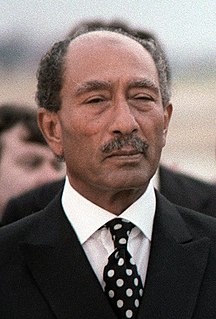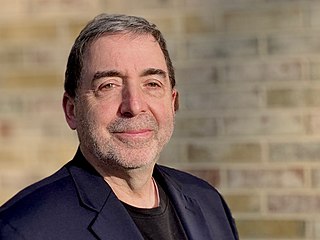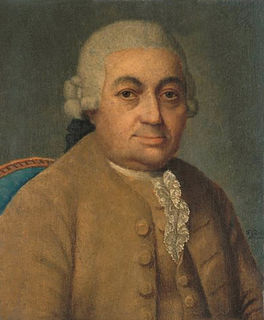A Quote by Anwar Sadat
Only when he has ceased to need things can a man truly be his own master and so really exist.
Related Quotes
A man in love ... is the master, so it seems, but only if his lady friend permits it! The need to interchange the roles of slave and master for the sake of the relationship is never more clearly demonstrated than in the course of an affair. Never is the complicity between victim and executioner more essential. Even chained, down on her knees, begging for mercy, it is the woman, finally, who is in command ... the all powerful slave, dragging herself along the ground at her master's heels, is now really the god. The man is only her priest, living in fear and trembling of her displeasure.
No man is so foolish but may give another good counsel sometimes; and no man is so wise, but may easily err, if he will take no others counsel but his own. But very few men are wise by their own counsel; or learned by their own teaching. For he that was only taught by himself had a fool to his master.
The real master is only a presence. He has no intentions of being a master. His presence is his teaching. His love is his message. Every gesture of his hand is pointing to the moon. And this whole thing is not being done, it is a happening. The master is not a doer. He has learned the greatest secret of life: let-go. The master has drowned his ego and the idea of separation from existence itself.
The problem of reconciling human suffering with the existence of a God who loves, is only insoluble so long as we attach a trivial meaning to the word "love", and look on things as if man were the centre of them. Man is not the centre. God does not exist for the sake of man. Man does not exist for his own sake. "Thou hast created all things, and for thy pleasure they are and were created." We were made not primarily that we may love God (though we were made for that too) but that God may love us, that we may become objects in which the divine love may rest "well pleased".
Socialism is the doctrine that man has no right to exist for his own sake, that his life and his work do not belong to him, but belong to society, that the only justification of his existence is his service to society, and that society may dispose of him in any way it pleases for the sake of whatever it deems to be its own tribal, collective good.
O, mighty, divinely delimited wisdom of walls, boundaries! I is perhaps the most magnificent of all inventions. Man ceased to be a wild animal only when he build the first wall. Men ceased to be a wild man only when we built the Green Wall, only when, by means of that wall, we isolated our perfect machine world from the irrational, ugly world of trees, birds, and animals.
There is a myth, sometimes widespread, that a person need only do inner work...that a man is entirely responsible for his own problems; and that to cure himself, he need only change himself....The fact is, a person is so formed by his surroundings, that his state of harmony depends entirely on his harmony with his surroundings.












































